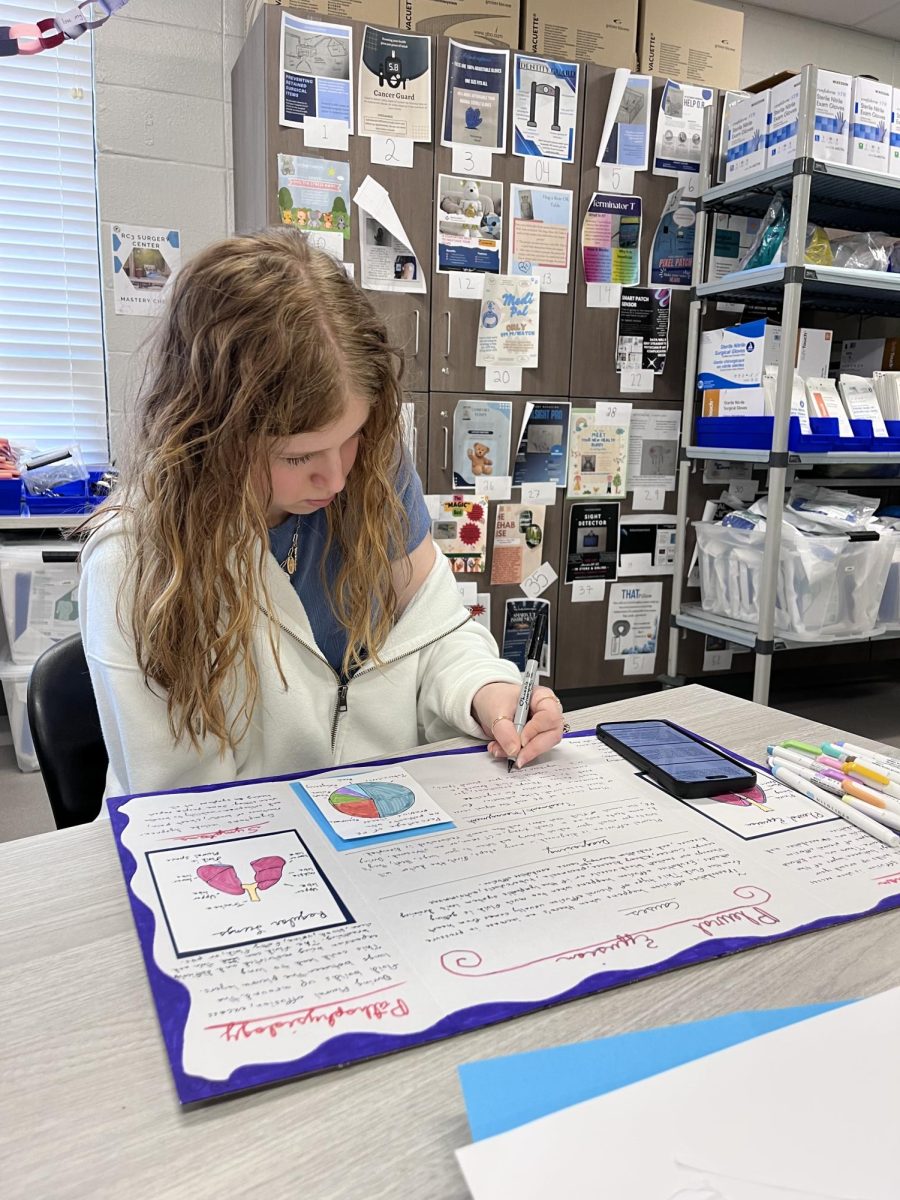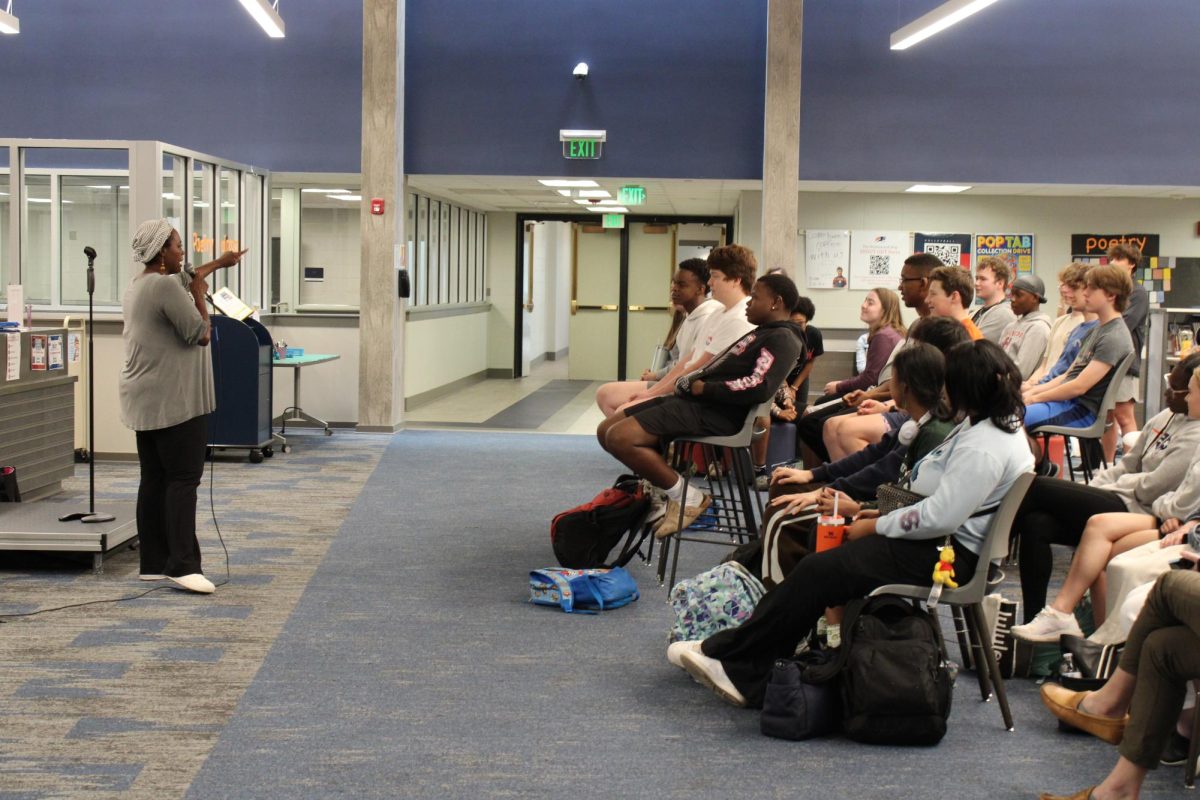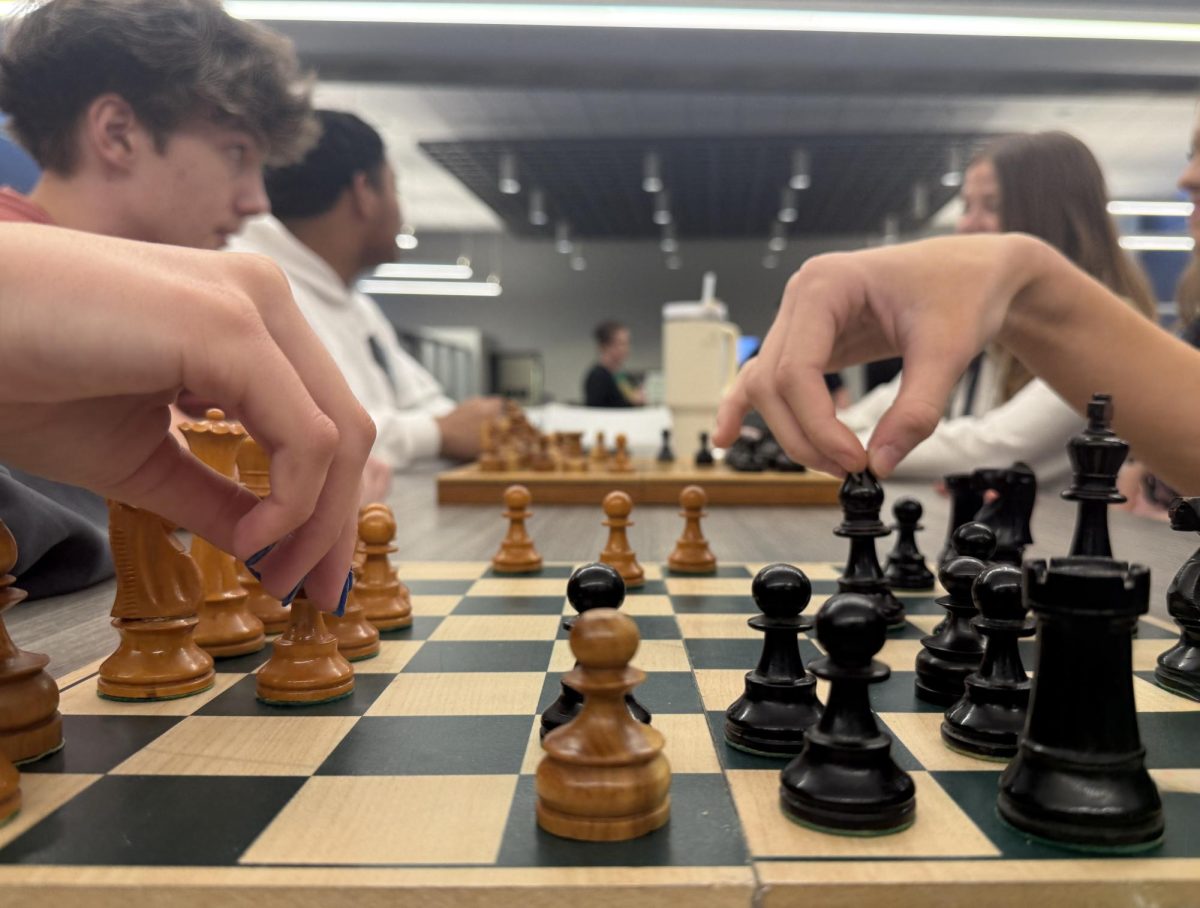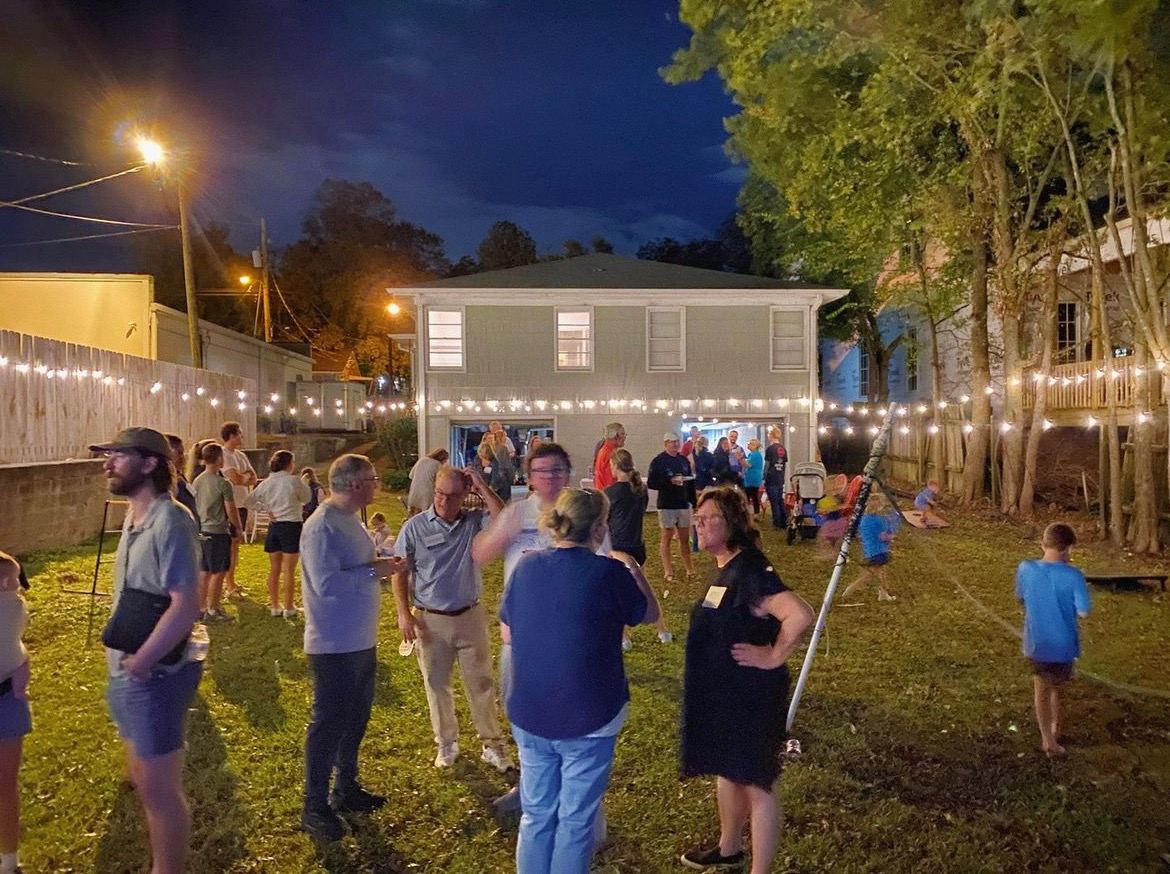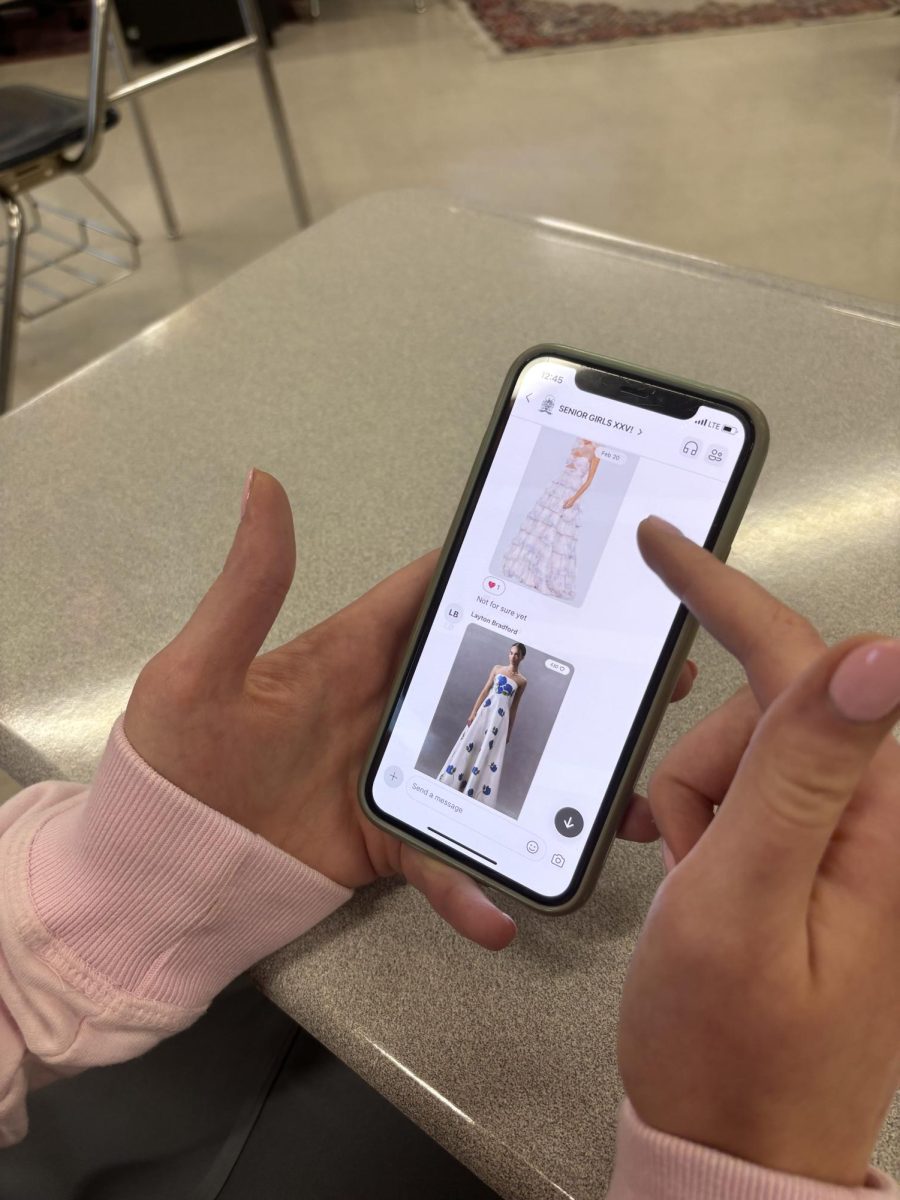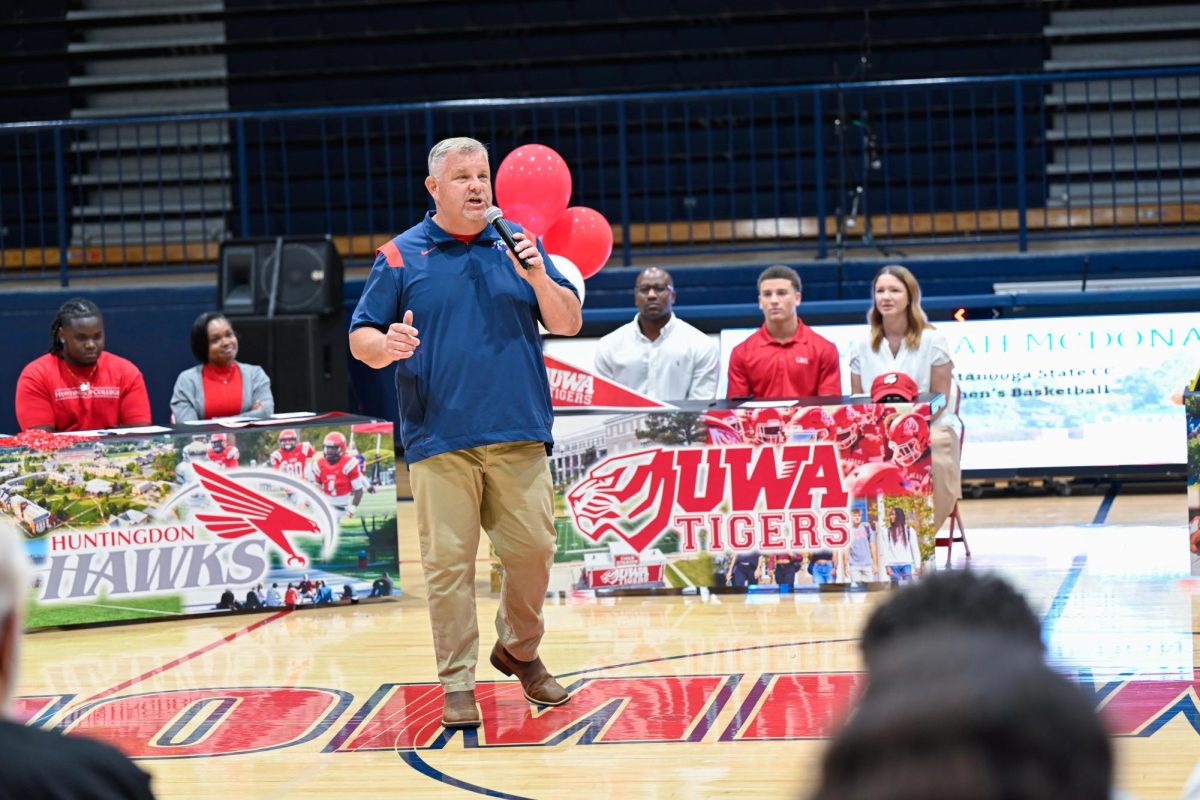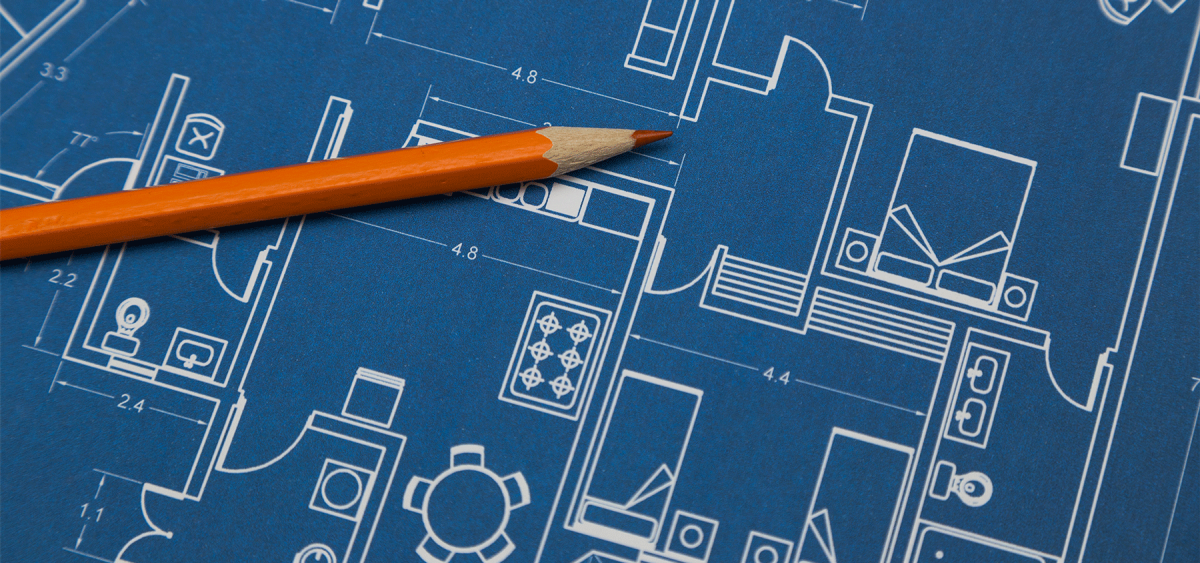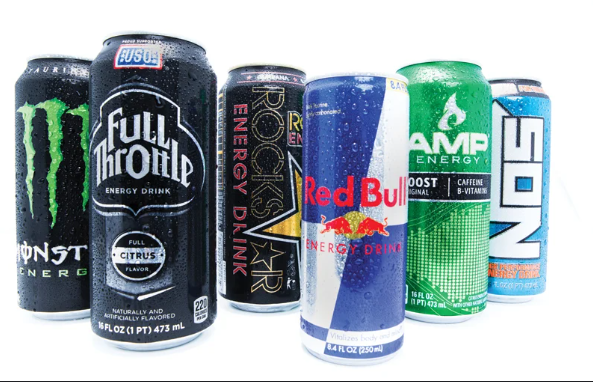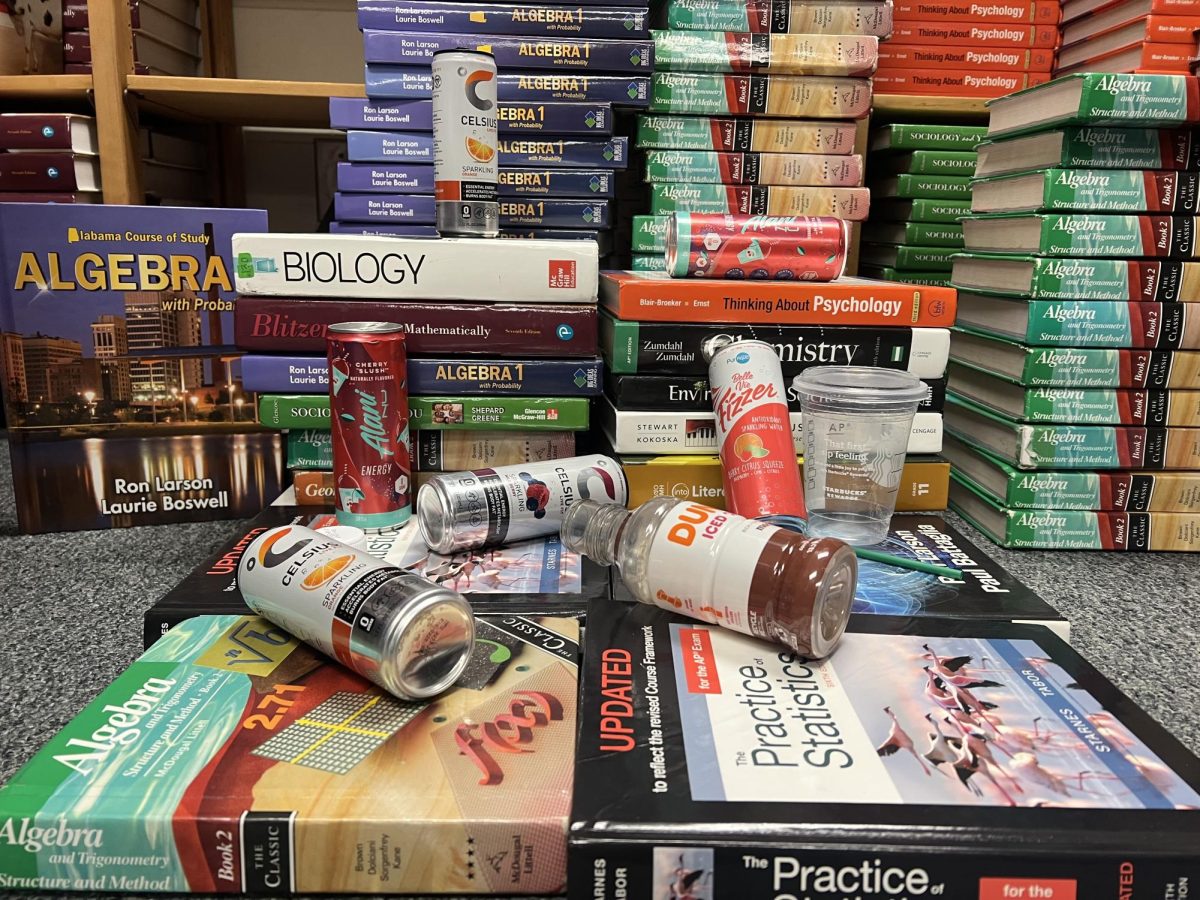Whether it’s a cup of coffee or an energy drink, many students rely on caffeine to stay awake during long school hours and remain awake enough to complete homework at night.
Caffeine is a stimulant which means it increases brain and nervous system activity. Those who drink caffeine experience a rush of adrenaline for a short period of time.
In moderation, caffeine can help students stay alert and energized throughout the day. It can, however, become unsafe when consumption reaches above 400mg a day. People may experience jitters and increased anxiety after drinking excessive amounts of caffeine. It also increases blood pressure affecting heart rate and breathing.
Many students feel pressure to fight sleep to complete schoolwork, so they turn to caffeinated beverages for a quick burst of energy.
HHS nurse Kris Griffin has witnessed the harmful effects caffeine can have on developing teenagers and children. “We have a lot of kids come in with symptoms like headaches, nausea, and trouble focusing,” Griffin said.
Kids are easily influenced to drink caffeine from young ages. “Elementary schoolers see their teenage siblings drinking caffeine, teenagers see college kids drinking it, and college kids see adults doing it,” Griffin said.
This “caffeine culture” is heavily promoted by the marketing of caffeinated drinks. The companies target teenagers and college students as their main audience, encouraging excessive caffeine intake to get work done on time.
Some drinks, marketed for children, have an 18+ warning on them. These drinks in excess are harmful to the growth and development of children.
With their colorful and inviting covers, coffees and energy drinks draw students in with health benefits plastered on the side and a variety of delicious flavors.
HHS student Annabelle Coan, an avid caffeine drinker, recently quit drinking caffeine after noticing the harmful effects it had on her health. “I was drinking 1-2 every single day to keep me awake and focused,” Coan said.
Coan frequently drank caffeine to the point where she was not affected by it, and knew she had to quit. “I became more used to it. One caffeinated drink wouldn’t help me anymore and I would drink more but get tired quicker,” Coan said. When students become dependent on caffeine, they can experience withdrawals that ultimately leave them feeling more tired than before their drink.
Problems arise when too much caffeine affects the mental and physical health of consumers, decreasing their ability to remain alert.


